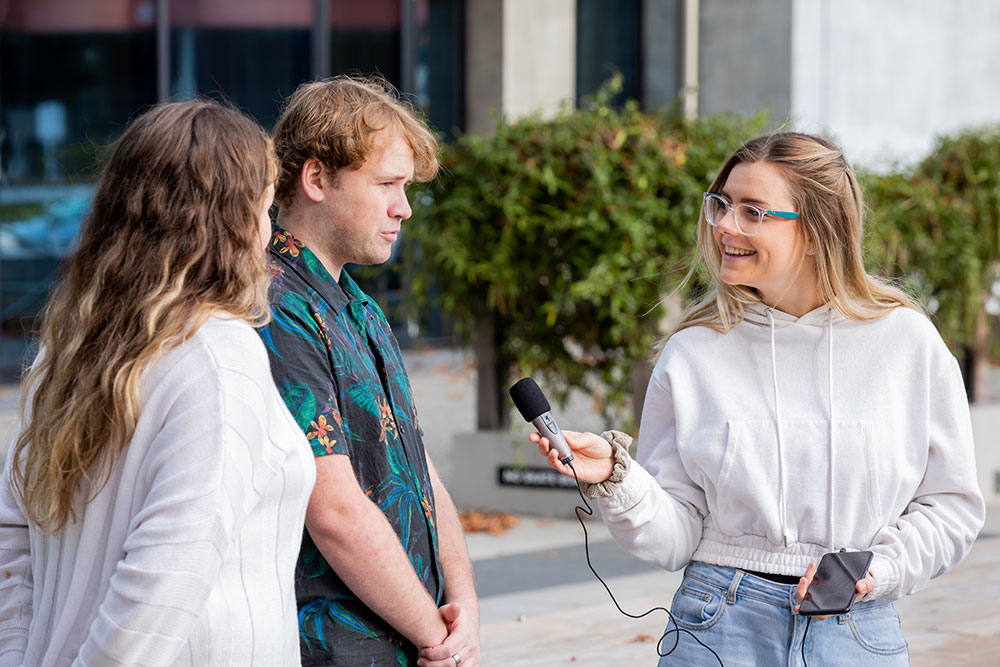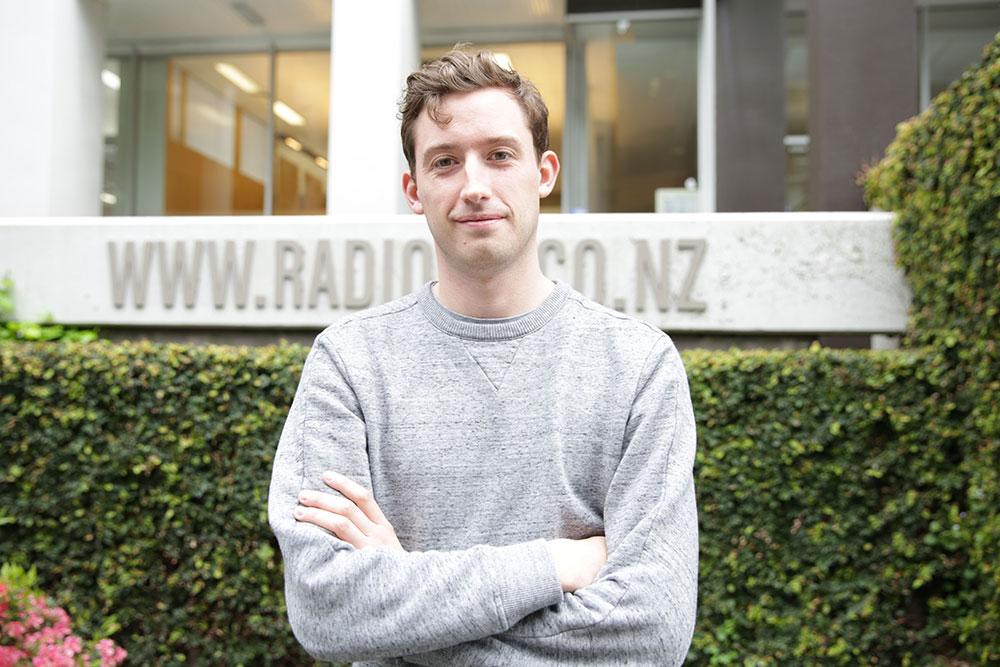Journalism
Introduction
Journalism is more than reporting on current events – it is the research and analysis of ethical issues, audience needs, technology, and more – all produced in a fast-moving digital space.
Journalism is essential to our everyday lives, and this degree will allow you to enter in this critical work force with the skills learned here at UC.








